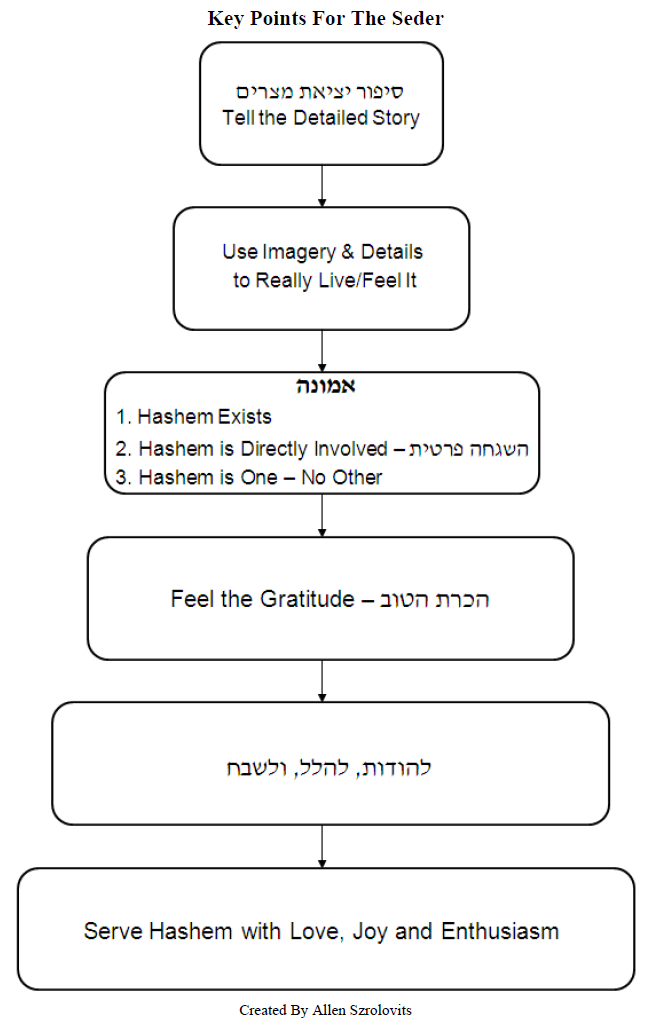By Benyamin Clayman
How can I help change the frum world?
When Zev Wolfson zt’l passed away recently, it greatly inspired me to want to help Am Israel with whatever skills I have. Rav Moshe Hillel Hirsch, the Rosh Yeshiva of Slabodka Yeshiva in Bnei Brak said to me that when he was a young man in Lakewood, one core component of the weltanshauung was very different. They felt idealistic, they were rebuilding and changing the world. They were willing to sacrifice to spread Torah and rekindle the soul of the Jewish people. They never felt entitlement or that others will do the job.
When my Lithuanian great-great-grandparents moved to America they came with nothing but a dream for a better life. The first American generation got into Harvard Law School, got elected to public office, and supported numerous Jewish causes. When my Moroccan grandparents came to America in 1974, they had very little. No English, little support, but also a dream. They worked hard, raised their children, and recently merited to see their first great-grandchild born in Jerusalem. Both sides succeed through a lot of Divine Providence and getting help from their fellow Jews. We as a people have always taken tzedakah very seriously, even the least connected still make sure there is not a single Ivy League university, major art museum, or health institution not having a Steinwitzmanberg Wing.
Rambam writes however, “the highest form of charity—above which there is no higher—is one who strengthens the hand of their poor fellow Jew and gives them a gift or loan or enters into a business partnership with the poor person. By this partnership the poor man is really being strengthened as the Torah commands in order to strengthen him till he is able to be independent and no longer dependent on the public purse. It is thus written, “Strengthen him [the poor person] so that he does not fall and become dependent on others†(VaYikra 25:35). Notice the order, the highest level of them all is entering a business partnership.
What is amazing, quite out of this world proof in the unique mission of the Jewish people to be a light unto the nations and contribute to all, is the fact that the greatest tech entreprenuers have mostly been Jews. Google, Paypal, Facebook, the list can go on and on. But where are the frum entrepreneurs that have a burning desire? A quick search will yield some promising results. The top seller in entrepreneurship book on Amazon now is a frum professor at Harvard Business School who lists his greatest accomplishment as finishing Shas in the 11th cycle of Daf Yomi. A professor of quantum physics at MIT founded a company that powers your Kindle and other e readers that sold for $215 million recently was featured on Artscroll’s new Talmud app. How can we expand this?
I was speaking to a group of recent Baalei Teshuva at Aish HaTorah in Jerusalem about the power of social media and creating value from tech products. They were hooked and started to think of ways to help the Jewish people through new forms of communication. They also had some great ideas on how to make revenue from the ideas so instead of ever fundraising for kiruv or chinuch projects, they would be self sustainable. We were also discussing the lack of a college education as being a neutral consideration when working in tech startups. Mark Zuckerberg and Bill Gates both dropped out and most successful programmers and developers never step foot into a classroom to learn their skills. The passing of Zev Wolfson zt’l truly reinforces the point of the power of a visionary self-made entrepreneur who used his business acumen to help millions of Jews strength and find Torah.
So what to do with this information? There is a concept that is now all over the world of startup bootcamps that teach participants the gist of creating a create company in 3 days, or even over a weekend. StartupWeekend.org and 3DayStartup have launched recently but have already created companies that have made millions in revenue with hundreds of jobs.
Putting all the pieces of the puzzle together, we decided to create StartupChutzpah. We brought together 10 Yeshiva bocherim during Bein HaZmanim to Nahariya from Mir, Aish HaTorah, Ohr Somyach, and even one straight from the former USSR (he took the train directly from the airport to the event) to learn about entrepreneurship and build a company in less than 54 hours. What we are looking for is ideas on how to make learning about entrepreneurship more accessible to our community and mentors to help young frum people take their concepts to full fledged companies. This can solve a lot of issues, create immense skills and opportunities for those searching for a parnassah, and most of all, be a Kiddush Hashem to create Torah infused companies created and managed by young frum people.
During our inaugural test to see if we could actually pull it off, they built Quanby.com, a pet supply subscription service similar to Diapers.com or DollarShaveClub. They designed the websites, the marketing packages, conducted polls of customers, spoke to suppliers, and wrote a business plan within the time limit. The bocherim also had speakers like a frum businessman who lives in Shanghai about how to manufacture in China and they got to see Rav David Abuchetzera, the famed mekubal and tzadik.
We hope to bring this program to cities throughout the world, develop special courses for girls or the Chassidishe community, and have a mentor network to take the concept to reality. Your comments, any help, advice, and words of encouragement are greatly appreciated, most importantly we are looking to bring this to different communities around the world. If you are interested in contacting us, please email benyamin@startupchutzpah.com

